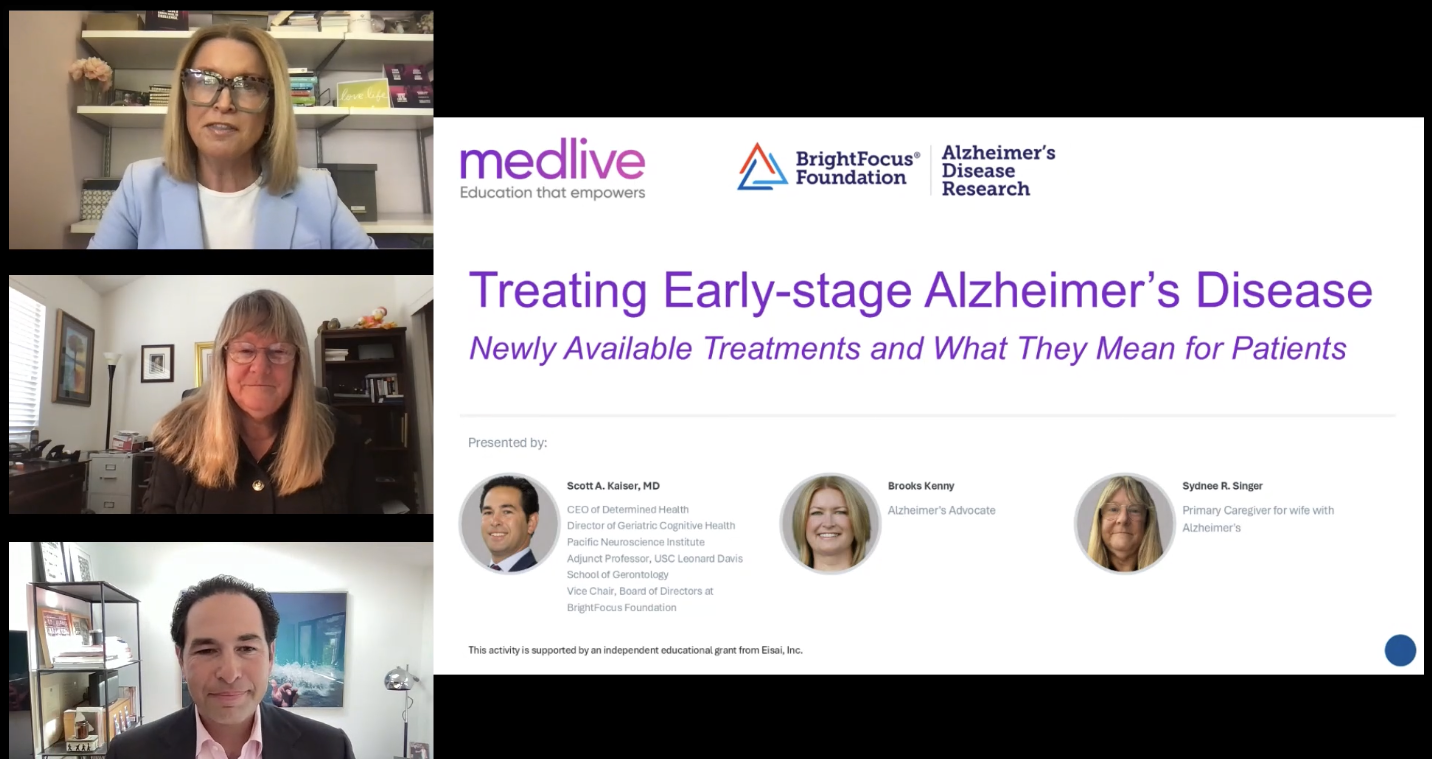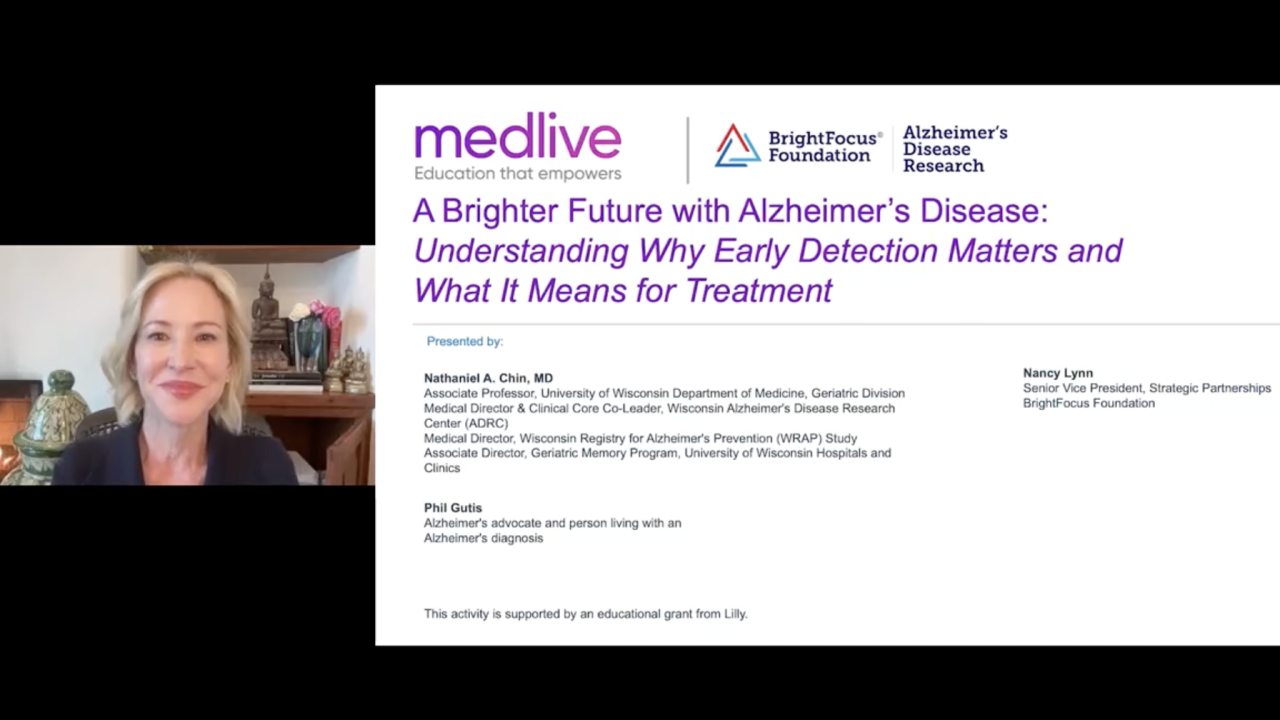
Learn helpful approaches that can minimize the difficult behaviors associated with Alzheimer’s disease.
Much has been studied and written about the difficult behaviors associated with Alzheimer’s disease. Aggression, agitation, and sundowning are just a few. As a caregiver to one with Alzheimer’s, you know well these difficult behaviors. Perhaps you are struggling with how to respond to them, or avoid them before they start.
If we can minimize or pre-empt any of these behaviors, how would we do that? What behavioral or environmental approaches can we take to minimize the negative reactions of Alzheimer’s? There are actually many things. But first remember that practice makes perfect, and experimenting with what works is important as you develop new skills. Try, and try again if you need to. Be patient with yourself.
Behavioral and Environmental Approaches to Alzheimer’s
- Provide an environment where your loved one feels supported. This can mean having only those things in his environment that he wants, and is comforted by. If there is something that causes him fear or agitation, such as a photo that seems to trigger agitation, or seeing himself in the mirror and thinking there is someone else there, cover or remove it. Do not try to cajole him into accepting it as non-threatening. Accept his response to it and remove the item from his sight.
- Have a daily repertoire and routine of fun, and calming and relaxing activities. Music, art, puzzles, games, singing, reminiscing, looking at old photos, leisurely walks, gardening, even household chores or helping with mealtime—these are all good options. Learn what he prefers and is able to do, and do those things.
- When the pressure of a difficult moment is on, step back and take a deep breath. As long as your loved one is safe, step away to gather yourself before things become too emotional for either of you. You are the one who has the power and ability to keep calm.
- When the situation calls for it, distract and re-direct. When used, distracting and re-directing can work wonders to pivot your loved one into another activity or allow him to focus on something else.
- Resist any urge to argue. Caregivers learn soon enough that there is no reason to do so.
- Exercise. This is critical for both of you. If he loves to walk, then that is what you should do, together or with a walking partner.
- Show affection often. Be encouraging. Share jokes and funny stories. Initiate conversation and bring him into conversations with others.
- Know thyself and thy limits. Do not take on more that you can handle. Identify others who have a knack for the things you do not.
- Get support. Create a team of caregivers – for your well-being and for your loved one.
As a caregiver, can you add any additional approaches or experiences that have worked for you and your loved one?
About BrightFocus Foundation
BrightFocus Foundation is a premier global nonprofit funder of research to defeat Alzheimer’s, macular degeneration, and glaucoma. Through its flagship research programs — Alzheimer’s Disease Research, Macular Degeneration Research, and National Glaucoma Research— the Foundation has awarded nearly $300 million in groundbreaking research funding over the past 51 years and shares the latest research findings, expert information, and resources to empower the millions impacted by these devastating diseases. Learn more at brightfocus.org.
Disclaimer: The information provided here is a public service of BrightFocus Foundation and is not intended to constitute medical advice. Please consult your physician for personalized medical, dietary, and/or exercise advice. Any medications or supplements should only be taken under medical supervision. BrightFocus Foundation does not endorse any medical products or therapies.
- Lifestyle










